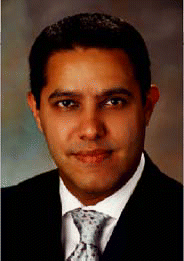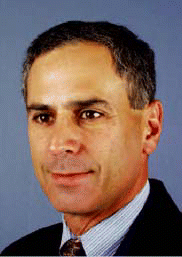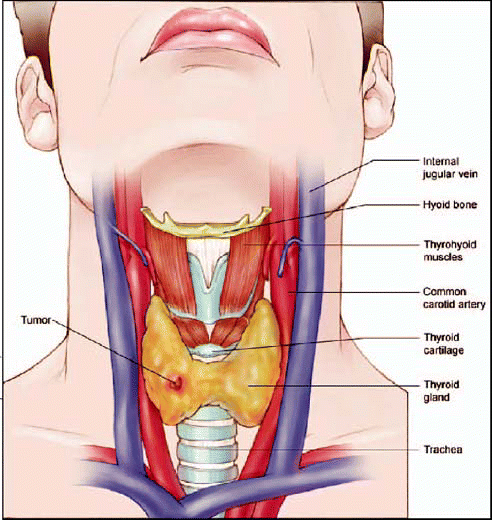How are your patients doing? Do you know the impact of their disorders-and the management approach you selected for them-on their health-related quality of life?


How are your patients doing? Do you know the impact of their disorders-and the management approach you selected for them-on their health-related quality of life?

Contrary to popular belief, CMS is in the business of paying for quality care, not just the volume of care provided.


When it comes to performing surgery for obstructive sleep apnea (OSA), there are a variety of procedures that can be done, but otolaryngologists sometimes have personal preferences, and preferences can affect everything from how diagnoses are made to the type of surgery performed, often with similar end results.

As otolaryngologists are performing more procedures on an in-office basis, more are also using conscious sedation in the clinic setting.


For years, radical surgery was the only treatment for head and neck cancer (HNSCC).

Gene therapy as a treatment for cancer has advanced from the theoretical to the possible: in a pilot study published in August in the journal Science, investigators reported that two of 17 patients with advanced melanoma responded to a treatment known as genetically engineered therapy.


Image-guided sinus (IGS) and skull base surgery is no longer considered experimental or investigational, and is appropriate for use by otolaryngologic surgeons to help clarify complex anatomy encountered during functional endoscopic sinus and skull base surgery (FESS).
